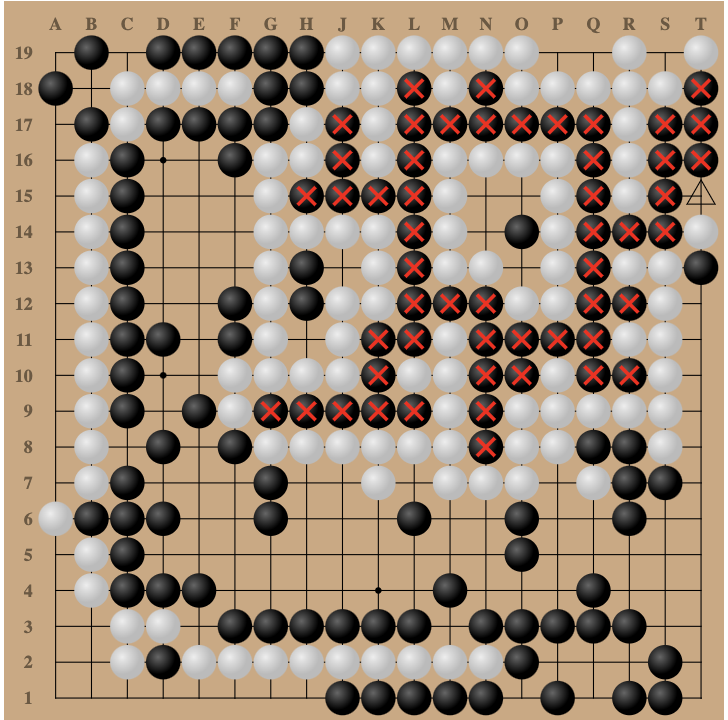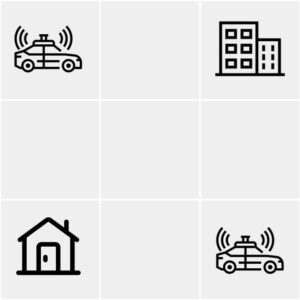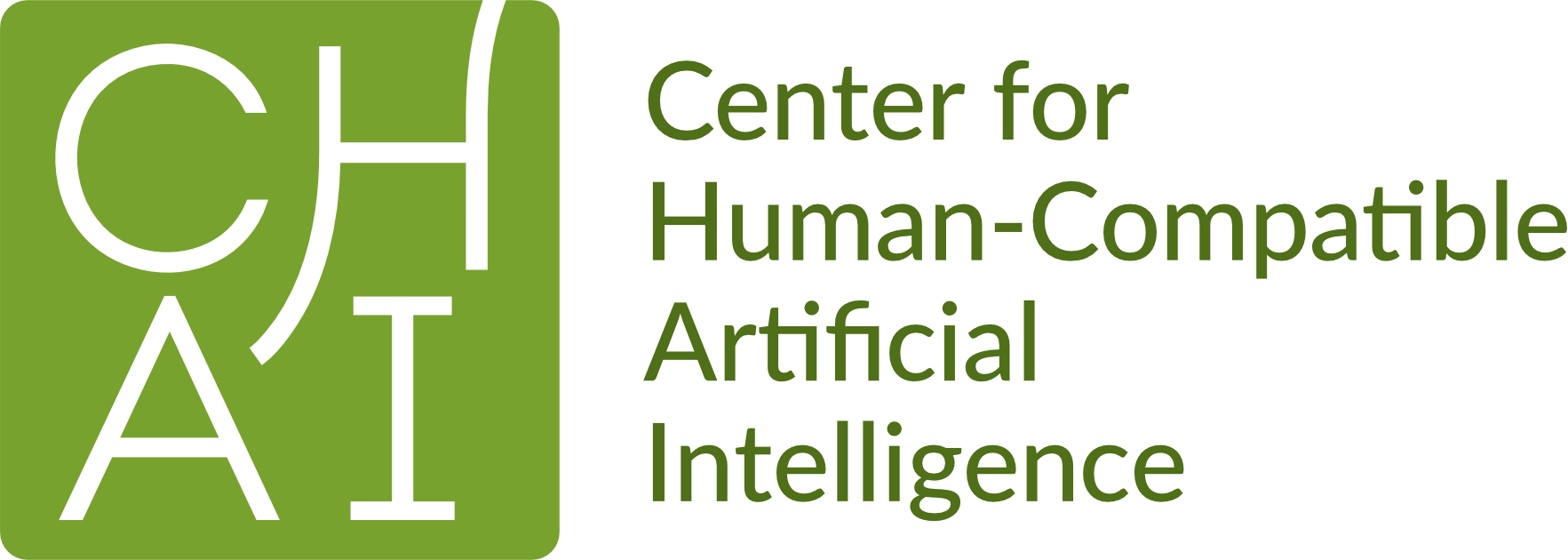Blog

A Practical Definition of Political Neutrality for AI
Jonathan Stray 04 Feb 2025

It seems a foregone conclusion that intelligent machines will soon be the main way we get information about our world, including our political world. Rather than reading news articles directly, AI systems will summarize exactly what we want to know from a variety of sources. It seems inevitable, then, that these machines will influence our politics. And indeed, recent research shows that they do.
Stuart Russell Testifies on AI Regulation at U.S. Senate Hearing
Stuart Russell 11 Sep 2023

On July 25, Stuart Russell gave a testimony on AI benefits, risks, and regulations at the U.S. Senate hearing titled “Oversight of A.I.: Principles for Regulation.”
AI Regulation – Stuart Russell’s Opening Statement at U.S. Senate Hearing
Stuart Russell
“The problem of control: how do we maintain power, forever, over entities that will eventually become more powerful than us?”
Even Superhuman Go AIs Have Surprising Failures Modes
Adam Gleave 28 Jul 2023

In March 2016, AlphaGo defeated the Go world champion Lee Sedol, winning four games to one. Machines had finally become superhuman at Go. Since then, Go-playing AI has only grown stronger. The supremacy of AI over humans seemed assured, with Lee Sedol commenting they are an “entity that cannot be defeated”. But in 2022, amateur Go player Kellin Pelrine defeated KataGo, a Go program that is even stronger than AlphaGo. How?
For Learning in Symmetric Teams, Local Optima are Global Nash Equilibria
Scott Emmons 05 Oct 2022

When AI systems are deployed in the real world, many cooperating AI agents will share the same source code or neural network weights. This motivates the study of symmetric team theory. In this talk, Scott shares the results of a new CHAI research paper: For Learning in Symmetric Teams, Local Optima are Global Nash Equilibria. There’s a mix of good and bad news, showing conditions when symmetric cooperation is both stable and unstable.
Designing Societally Beneficial Reinforcement Learning Systems
Tom Gilbert 10 Aug 2022
Many are concerned about the future long-term implications of reinforcement learning (RL) systems that can learn dynamically from interaction with human environments. However, RL systems are already being used today and proposed in a variety of near-term applications. For example, Deep RL is transitioning from a research field focused on game playing to a technology with real-world applications. Notable examples include DeepMind’s work on controlling a nuclear reactor or on improving Youtube video compression, or Tesla attempting to use a method inspired by MuZero for autonomous vehicle behavior planning. The exciting potential for real world applications of RL are also a harbinger for longer-term risks – for example RL policies are well known to be vulnerable to exploitation, and methods for safe and robust policy development are an active area of research.
How Platform Recommenders Work
Jonathan Stray 09 Feb 2022
A recommender system (or simply ‘recommender’) is an algorithm that takes a large set of items and determines which of those to display to a user—think the Facebook News Feed, the Twitter timeline, Google News, or the YouTube homepage. Recommenders are necessary tools to help navigate the sheer volume of content produced each day, but their scale and rapid development can cause unintended consequences. Facebook’s algorithms have been blamed for radicalizing users, TikTok’s for inundating teens with eating-disorder videos, and Twitter’s for political bias.
